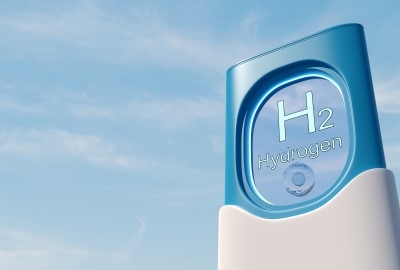KLM supports hydrogen project AeroDelft
KLM is teaming up with AeroDelft's Phoenix project of TU Delft University in The Netherlands, that is to develop a hydrogen-powered drone and aircraft. The airline is contributing its knowledge of regulation, certification and infrastructure and its experience to the project, in which a team of 50 TU Delft students has been working on for several years.

The first goal of the project is to build a drone in the shape of a mini-plane, which has a wingspan of 5.7 metres. It has a fuel cell, which can generate 1.5 megawatts of power to drive an electric motor. With that, the drone can fly for three hours, covering a distance of 300 kilometres. The drone has already successfully flown with batteries last year. The students plan the first flight with the fuel cells using gaseous (and later: liquid hydrogen) for this year.
Phase 2 of the Phoenix Project aims to fly with a fuel cell engine in a Sling 4, a small two-seat aircraft. The goal is to conduct a manned flight with this aircraft in 2024 with gaseous hydrogen and a year later with liquid hydrogen. The 125-kilowatt fuel cell should give the small plane a flight range of 400 kilometres.


